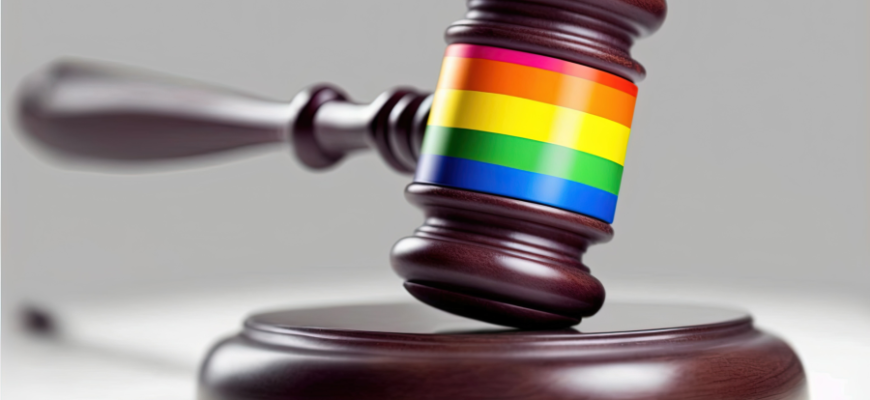SHELBY COUNTY, Tenn. (WKRN) — When U.S. District Judge Thomas Parker ruled that Tennessee’s law restricting some drag performances is unconstitutional, he limited the scope of his ruling to the Shelby County District Attorney.
However, the late-Friday night ruling didn’t make it clear where the law stands in the rest of the state. Some legal experts said the law is currently in a legal gray area.
“We are in somewhat of an uncertain time,” said constitutional attorney Larry Crain. “Everyone should just, I think, stay tuned. This case, as I say, is not over by a long shot.”
Crain said he was surprised Judge Parker limited his scope to just Shelby County, but took as an intentional move. He also think it’s a sign the Judge was giving some deference to whatever decision comes out of the U.S. Sixth Circuit Court of Appeals.
“It was clear to me that the court wanted to give some pause, to allow the Sixth Circuit to make its determination of whether he was right, on his decisions, especially as to the vagueness of this law, which is, I think, the centerpiece of his opinion,” Crain said.
Melissa Stewart, one of the attorneys representing the Memphis theater group suing over the law, said that the U.S. Constitution doesn’t change depending on where you are in Tennessee.
“Judge Parker’s order clearly establishes that this law is unconstitutional. Law enforcement officers and district attorneys know that they are not supposed to do unconstitutional things,” Stewart said.
However, Stewart never believed this legal battle would be done after Parker’s ruling came out.
On Monday, Tennessee Attorney General Jonathan Skrmetti said he plans to appeal Parker’s decision to the Sixth Circuit.
“The scope of this law has been misrepresented in public by those more interested in pressing a narrative than in reading the statutory text,” the AG wrote. “This narrowly-tailored law protects minors from exposure to sexually explicit performances. Its operative language is rooted in the U.S. Supreme Court’s long-established First Amendment precedent.”
Crain said what the appeals court decides isn’t set in stone because of Judge Parker’s decision.
“This is a fluid area of the law that evolves and changes,” Crain said. “Had this law been looked at in 1987, the filters would have been much different than they are today.”
Yet, what Crain and Stewart both said while there is some lack of clarity now, whatever the Sixth Circuit does decide, will apply everywhere in Tennessee.









